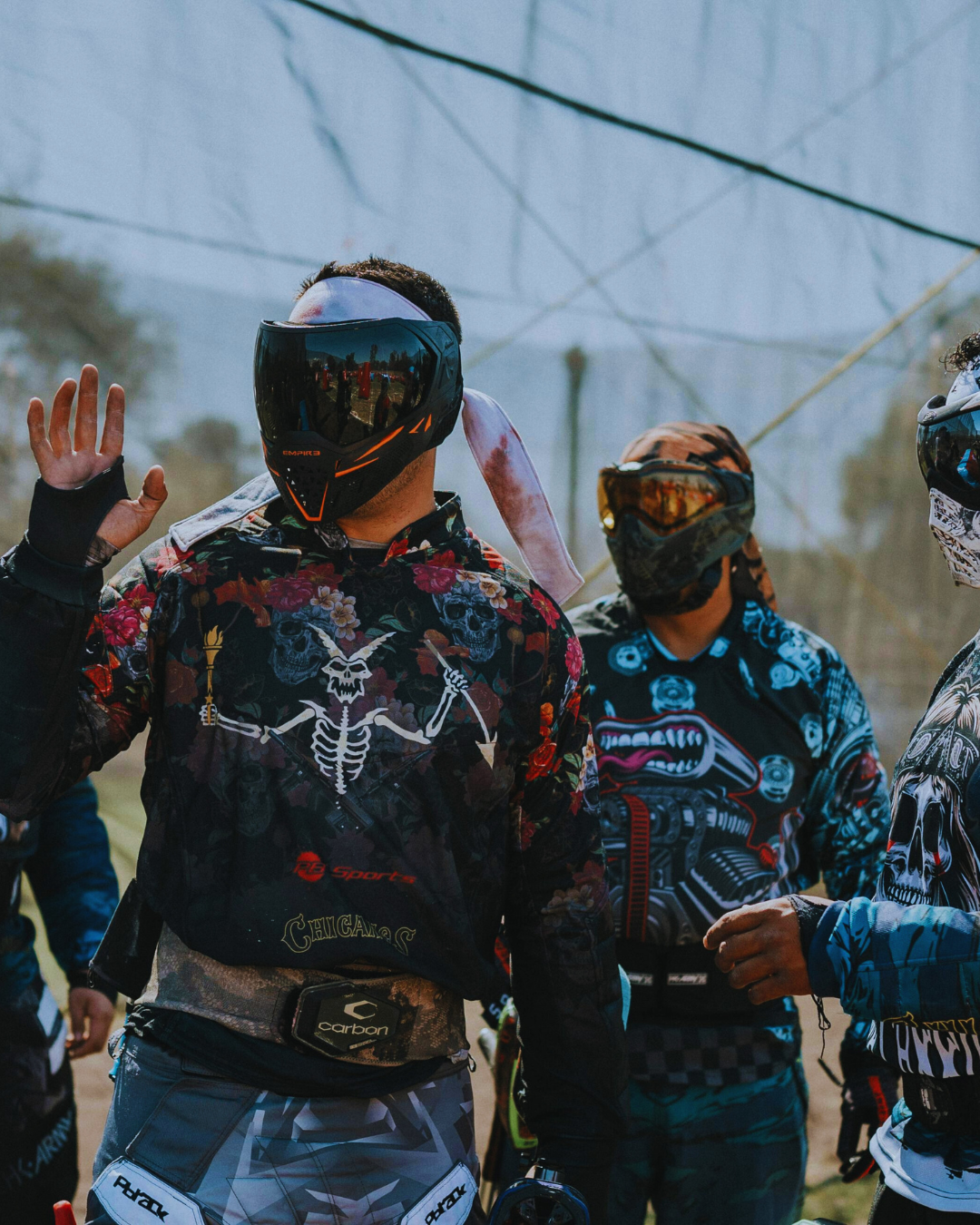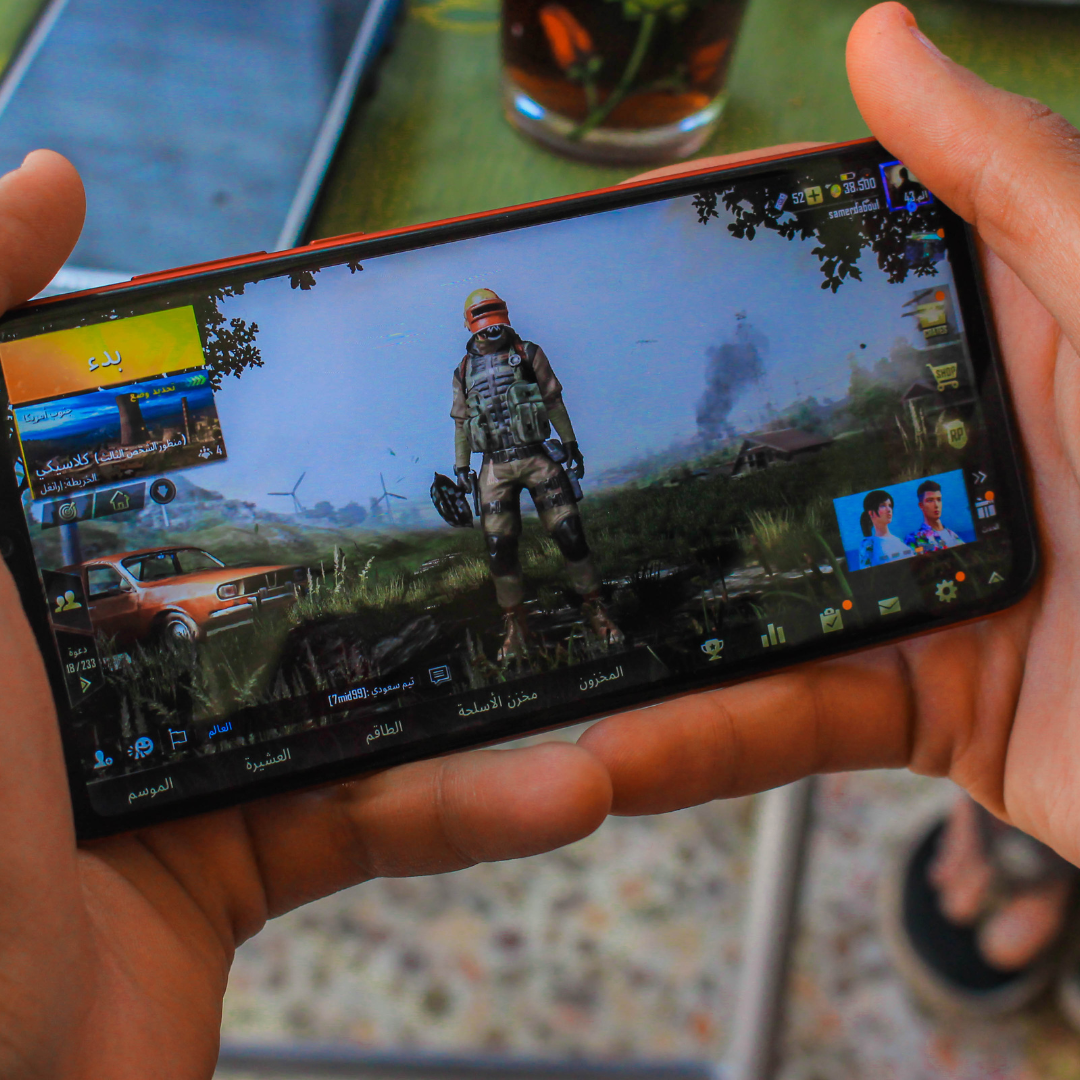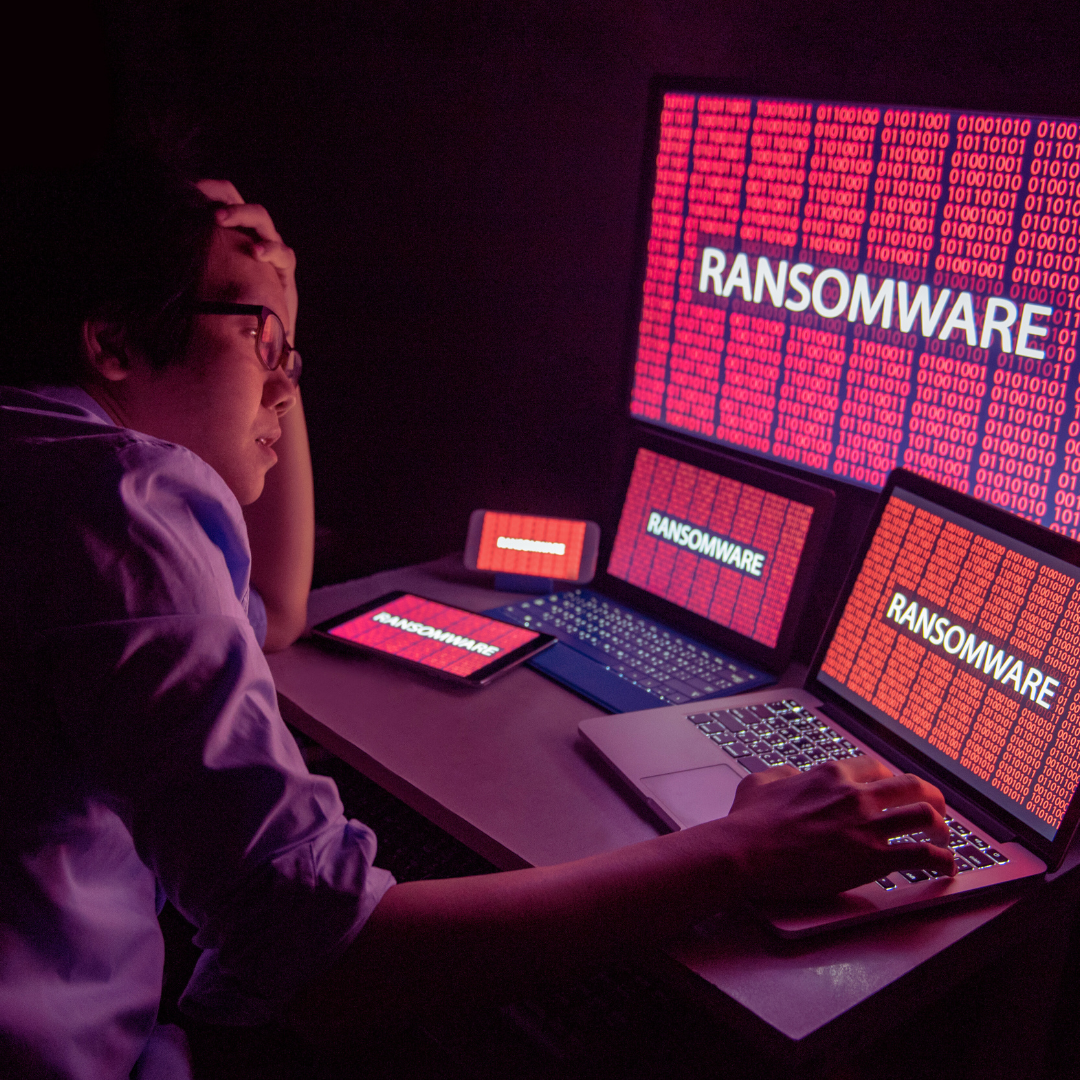Competitive gaming has emerged as a dominant force in the digital landscape, drawing millions of players and viewers into its vibrant world. The rise of esports has transformed casual gaming into a professional pursuit, creating avenues for players to turn their skills into lucrative careers. To master competitive gaming, one must blend strategic thinking, dedicated practice, and an understanding of the gaming community.
As players engage in online communities, they can share insights and strategies, enhancing their skills and knowledge. Observing professional players provides valuable lessons in gameplay mechanics and mindset. The commitment to continuous improvement and adaptation in a fast-paced environment is essential for anyone looking to excel in this field.
Initiating a journey into competitive gaming involves recognizing the importance of both individual practice and collaboration with others. By staying updated with trends and techniques, players can maintain a competitive edge while also enjoying the dynamic world of esports.
Developing Essential Gaming Skills
To excel in competitive gaming, players must cultivate a blend of physical, cognitive, and strategic abilities. Focusing on specific skills enhances gameplay and increases overall effectiveness in matches.
Physical and Cognitive Training
Physical training is often overlooked in gaming, yet it plays a vital role in achieving peak performance. Activities like regular exercise can improve stamina and concentration, which are crucial for long gaming sessions. Moreover, cognitive training should not be neglected. Engaging in brain exercises helps boost reaction time and mental agility. Players can utilize apps designed for cognitive enhancement or partake in activities that require rapid decision-making, thereby sharpening their focus during intense moments of play.
Game Knowledge and Mechanics
Understanding game mechanics is fundamental for any competitive player. This includes familiarity with the game’s rules, character abilities, and weapons. Mastery of these elements provides a tactical edge in gameplay.
Map awareness is equally important. Knowing the layout of a map can inform positioning and movement strategies. Players can enhance their skills by regularly reviewing maps and identifying key areas for strategy, ambushes, and escape routes. Utilizing aim training software or specific modules within games helps develop muscle memory, which can significantly improve accuracy and efficiency in aiming.
Strategic Thinking and Decision-making
Strategic thinking is a cornerstone of competitive gaming. Players must think several steps ahead, anticipating opponents’ actions. This requires analyzing situations quickly and making informed decisions.
Utilizing tools like statistics and analytics can aid in crafting effective strategies. Players benefit from studying previous games to identify patterns and develop counter-strategies against common tactics. Additionally, the ability to adapt is crucial. Recognizing when a strategy isn’t working allows for swift adjustments, keeping opponents off-balance. Creating flexibility in gameplay can turn the tide in critical situations.
Adopting a Growth Mindset
A growth mindset is crucial in competitive gaming. It fosters mental resilience, enhances communication, and encourages continuous learning. Embracing challenges can significantly impact performance and overall well-being.
Mental Resilience and Well-being
Mental resilience is the capacity to recover from setbacks. In competitive gaming, this means maintaining focus and composure during intense situations. Players can enhance resilience through stress management techniques such as visualization, controlled breathing, and mindfulness practices.
Prioritizing mental well-being is equally important. Regular breaks and maintaining a healthy work-life balance can prevent burnout. Engaging in physical activities outside of gaming also helps. This balance supports mental toughness, enabling gamers to confront challenges effectively while sustaining their passion.
Effective Communication and Teamwork
Effective communication enhances teamwork, which is vital in many competitive formats. Clear communication fosters a collaborative environment, allowing players to share strategies and feedback promptly. Utilizing tools like voice chat or messaging apps can streamline interactions during gameplay. Developing active listening skills is essential as well; this helps players appreciate diverse perspectives. Acknowledging each team member’s contributions strengthens trust and unity, directly impacting performance.
Learning from Mistakes
Learning from mistakes is a fundamental aspect of a growth mindset. Successful gamers analyze failures, using them as opportunities for improvement. They identify specific areas for enhancement, such as strategy or individual skills, and implement focused practice sessions. Keeping a performance journal can aid in tracking progress. Noting down errors and their corresponding corrections makes growth tangible. Furthermore, discussing mistakes with peers opens avenues for constructive feedback and new approaches, enriching the learning process.
Improving through Resources and Feedback
Utilizing available resources and incorporating feedback significantly enhance a player’s performance in competitive gaming. Engaging with communities, seeking coaching, and analyzing gameplay are essential steps to mastering skills.
Engaging with Competitive Communities
Active participation in competitive gaming communities fosters valuable connections and insights. Players can join forums, Discord servers, or social media groups to exchange strategies, tips, and experiences.
In these communities, players often discuss game mechanics, teamwork, and communication techniques. Engaging with others helps in understanding various approaches to gameplay, allowing for a broader perspective on tactics and skill development.
Moreover, players can showcase their challenges and receive constructive feedback from others, creating a supportive environment to grow. Regularly attending community events or tournaments can also provide practical experience that enhances one’s competitive edge.
Utilizing Coaching and Mentorship
Coaching services offer tailored guidance that can elevate a player’s performance significantly. A coach provides personalized feedback based on individual strengths and weaknesses, helping to develop a targeted practice routine.
Mentorship can prove invaluable as experienced gamers share insights and strategies that may not be found in traditional resources. This relationship can improve game knowledge and refine skills, allowing players to focus on specific areas for improvement.
Additionally, coaches often use performance-tracking tools to monitor progress, helping players stay accountable and motivated. Regular sessions with a coach can create a structured learning path, accelerating improvement.
Review and Analysis
Reviewing and analyzing gameplay is crucial for identifying areas needing improvement. Players should record their matches and critically assess their performance afterward. Using video playback, they can spot mistakes, analyze decision-making processes, and evaluate game knowledge applications during crucial moments.
This analysis encourages self-reflection and helps highlight patterns in gameplay that may require adjustment. Players can also share their recordings with coaches or peers for external feedback, promoting further learning. Incorporating these practices into a routine cultivates a continuous loop of feedback and improvement, essential for mastering competitive gaming.
Participating in Tournaments and Events
Engaging in tournaments and events is essential for mastering competitive gaming. These experiences provide opportunities to test skills, learn from peers, and refine strategies. Preparation and analysis play critical roles in achieving success.
Preparation and Participation
Before entering a tournament, it is vital to establish realistic goals. A player should know what they aim to achieve, whether it’s gaining experience or aiming for a specific rank. Researching tournaments is crucial. Events such as EVO, The International, and various League of Legends, Dota 2, and Fortnite competitions cater to different skill levels.
Players must also enhance their skills through practice and team coordination. Familiarising themselves with the tournament structure, whether single-elimination or round-robin, helps in strategizing approaches to each match. Joining established teams like Team Liquid, Cloud9, or Na’Vi can provide valuable support and insights, enhancing the player’s chances of success.
Analyzing Competitive Play
Post-event analysis is a key aspect of improvement. Participants should review their gameplay to identify strengths and weaknesses. This can involve examining match replays to pinpoint areas for strategic enhancement.
Utilizing tools or seeking feedback from teammates can provide insightful perspectives. Understanding opponents’ strategies is equally important. Observing successful players in competitions helps in grasping elements of strategic decision-making required for different scenarios. Overall, this thorough evaluation fosters consistency in performance and prepares players for future challenges in the competitive gaming landscape.





Leave a Reply